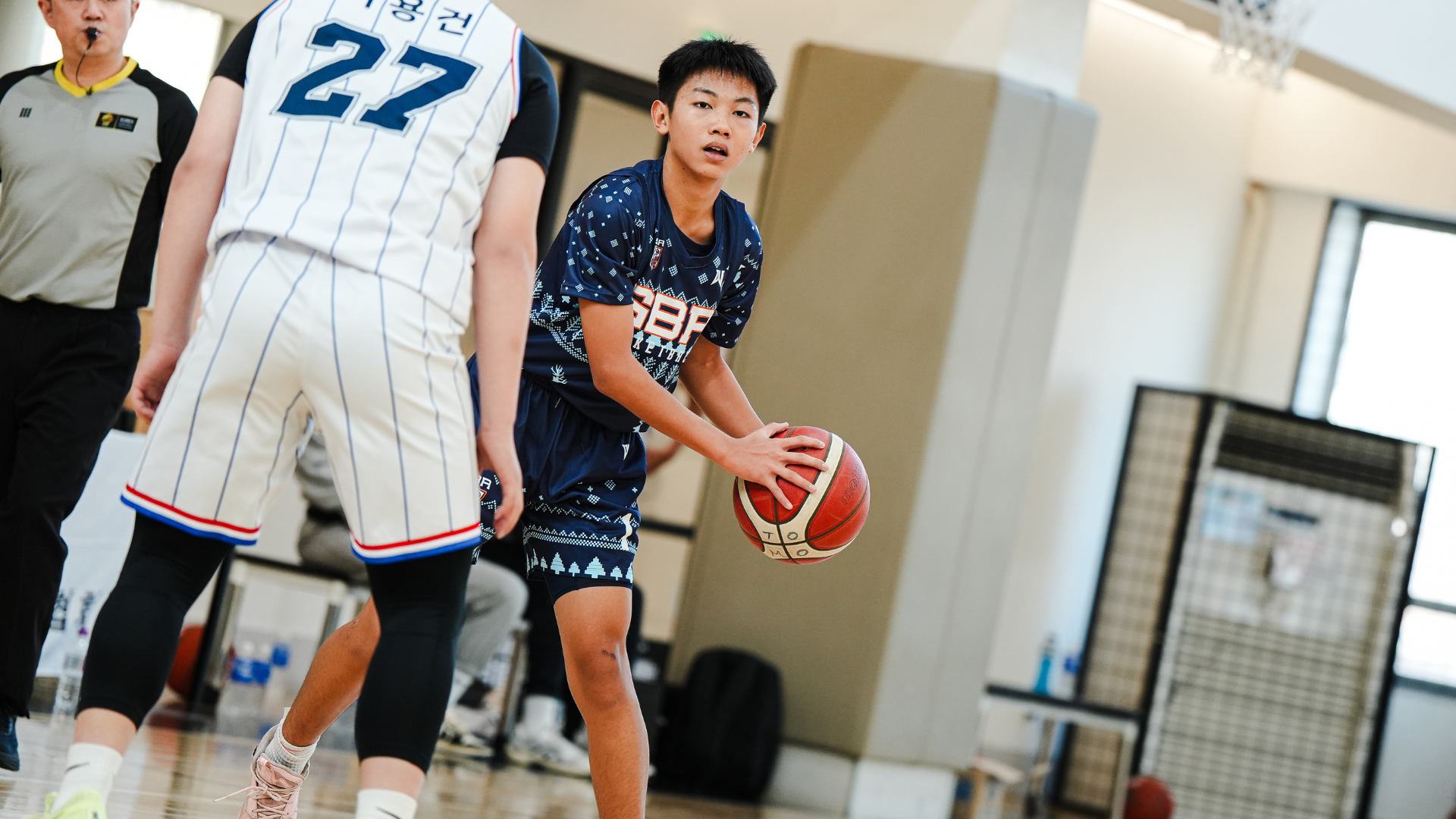Hey, basketball fans! Have you ever felt the pressure on the court, heart racing and palms sweaty, with the game hanging in the balance? This is where mental toughness comes into play. It’s your secret weapon in those intense moments. Let’s explore what mental toughness is and how to cultivate it to stay focused during those thrilling basketball games.
Key Takeaways for Handling Pressure in Basketball
Pressure as a Mindset
Recognizing that pressure is a psychological construct rather than an external force empowers athletes and coaches. This perspective encourages players to view pressure as a part of the game that can be managed through mental training and positive mindset shifts. By reframing challenging situations as opportunities for growth, athletes can foster resilience and a proactive approach, allowing them to thrive under stress rather than succumb to it.
The Coach’s Influence
A coach’s demeanor and responses during high-pressure moments set the tone for the team. Coaches who exhibit calmness and confidence instill these qualities in their players, providing a model for how to handle stress. This influence creates an environment where players feel secure and supported, empowering them to respond to pressure with a similar level of composure and determination, which can ultimately improve team cohesion and performance.
Focus on What’s Controllable
To navigate pressure effectively, coaches should guide players to concentrate on factors within their control, such as their effort, attitude, and adherence to game strategies. This focus helps to mitigate anxiety related to uncontrollable elements, like officiating or crowd reactions. By channeling energy into these controllable aspects, players enhance their performance and maintain a sense of agency, leading to better outcomes on the court.
The Power of Visualization and Preparation
Incorporating visualization techniques into practice routines enables players to mentally rehearse success in high-stress scenarios. This practice helps build a reservoir of confidence, making real-life pressure situations less daunting. When players visualize themselves excelling, they develop a mental familiarity that equips them to handle actual challenges with greater ease, enhancing their overall performance under pressure.
Building Confidence is Key
Creating a supportive environment is essential for nurturing player confidence. Coaches should acknowledge and celebrate progress, no matter how minor, reinforcing a positive self-image. This consistent encouragement fosters a sense of accomplishment, allowing players to trust in their preparation and abilities. A confident athlete views pressure as a challenge to conquer, rather than a threat, ultimately enhancing their competitive edge.
Encouraging a Positive View of Pressure
Players should be taught to regard pressure as a privilege, indicative of significant opportunities. High-stakes moments often lead to personal and team growth, and by embracing these situations, players can shift their perspective from fear to excitement. This reframing not only motivates athletes but also enhances their ability to perform well when it matters most.
Continuous Learning and Adaptation
Navigating pressure is an ongoing journey that necessitates continuous reflection and growth. Encourage players to analyze their experiences in high-pressure situations, identifying successful strategies and areas for improvement. This practice cultivates a growth mindset, where challenges are embraced as opportunities to learn and evolve, ultimately fostering greater resilience and adaptability in the face of future pressures.
Strategies for Staying Focused During Games
- Pre-Game Preparation
Develop effective rituals like visualization, similar to Kobe Bryant’s approach, where you mentally rehearse successful plays. Use positive self-talk, such as affirming “I’m a great shooter” instead of negative thoughts. - In-Game Techniques
Stay present, avoiding distractions from past mistakes. Use a trigger word to regain focus and establish a physical reset ritual. Break the game into micro-goals, focusing on winning each possession to keep challenges manageable. - Post-Game Reflection
Analyze your performance by recalling positives and identifying areas for improvement. Treat mistakes as learning opportunities and end with gratitude, noting what you appreciate about your performance to maintain a positive perspective. - Stay Calm
Take a deep breath when you’re pressured and rely on your instincts. Making rushed decisions can lead to turnovers, so focus on keeping control and finding the best option.
Mastering mental toughness is crucial for handling pressure on the basketball court. By focusing on key strategies such as pre-game preparation, in-game techniques, and post-game reflection, players can enhance their performance and resilience.
Join us at Scholar Basketball Academy to improve your basketball IQ and develop the mental skills that can elevate your game!

